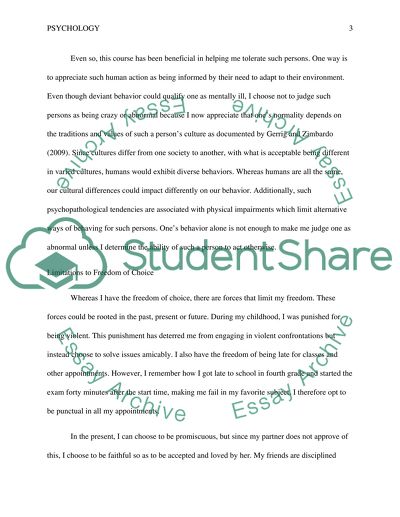Cite this document
(“Psychology Assignment Example | Topics and Well Written Essays - 1750 words”, n.d.)
Psychology Assignment Example | Topics and Well Written Essays - 1750 words. Retrieved from https://studentshare.org/psychology/1491422-psychology
Psychology Assignment Example | Topics and Well Written Essays - 1750 words. Retrieved from https://studentshare.org/psychology/1491422-psychology
(Psychology Assignment Example | Topics and Well Written Essays - 1750 Words)
Psychology Assignment Example | Topics and Well Written Essays - 1750 Words. https://studentshare.org/psychology/1491422-psychology.
Psychology Assignment Example | Topics and Well Written Essays - 1750 Words. https://studentshare.org/psychology/1491422-psychology.
“Psychology Assignment Example | Topics and Well Written Essays - 1750 Words”, n.d. https://studentshare.org/psychology/1491422-psychology.


